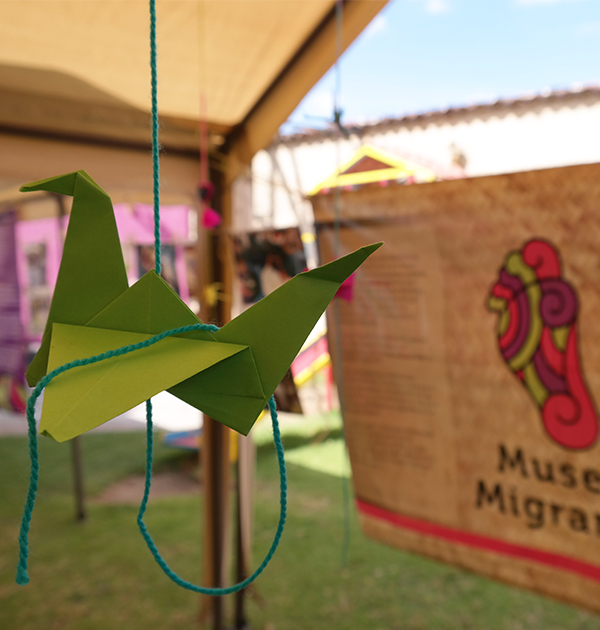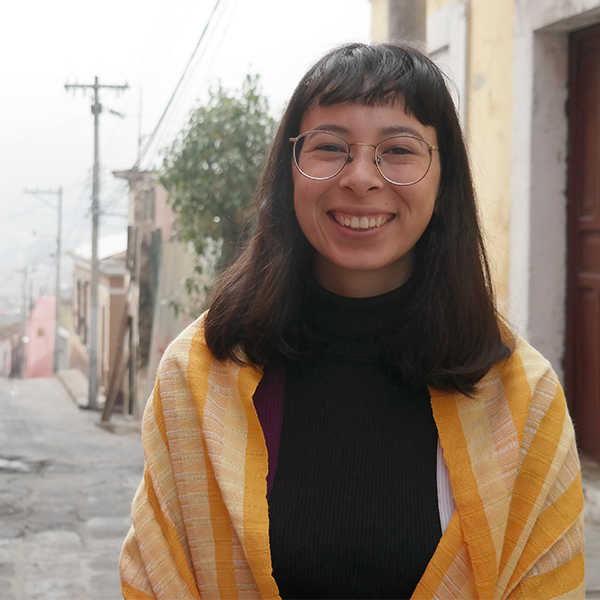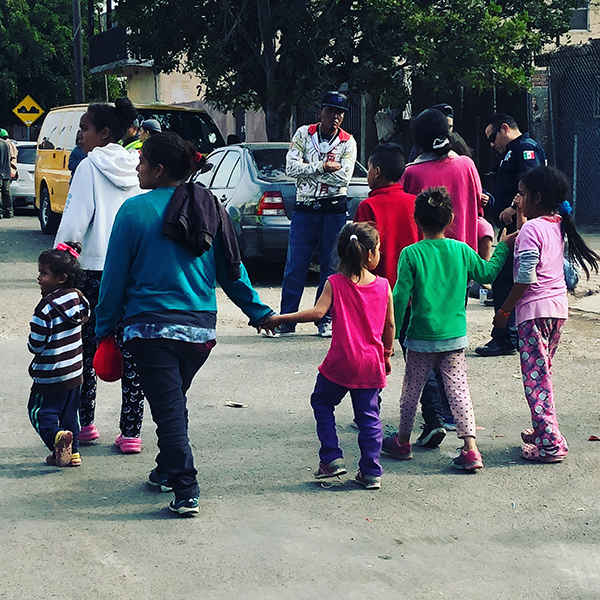This blog is co-authored by two GFC partners, the Center for Human Rights Fray Matías de Córdova and Iniciativas para el Desarrollo Humano. Both organizations are fighting for migrant rights in Chiapas, Mexico and participants in the Gender, Children, and Youth on the Move conference in Tijuana. Their reflection is translated from Spanish.
During the conference Gender, Children, and Youth on the Move in Tijuana, where more than 75 organizations came together to reflect on childhood, our experience led us to reflect about pain, which is a feeling that underlines the accompaniment process we undergo with migrant children and transforms our lives.
The importance of accompanying migrant children’s feelings in all of their nuances is an issue that requires dignity, care, love, security, and struggle.
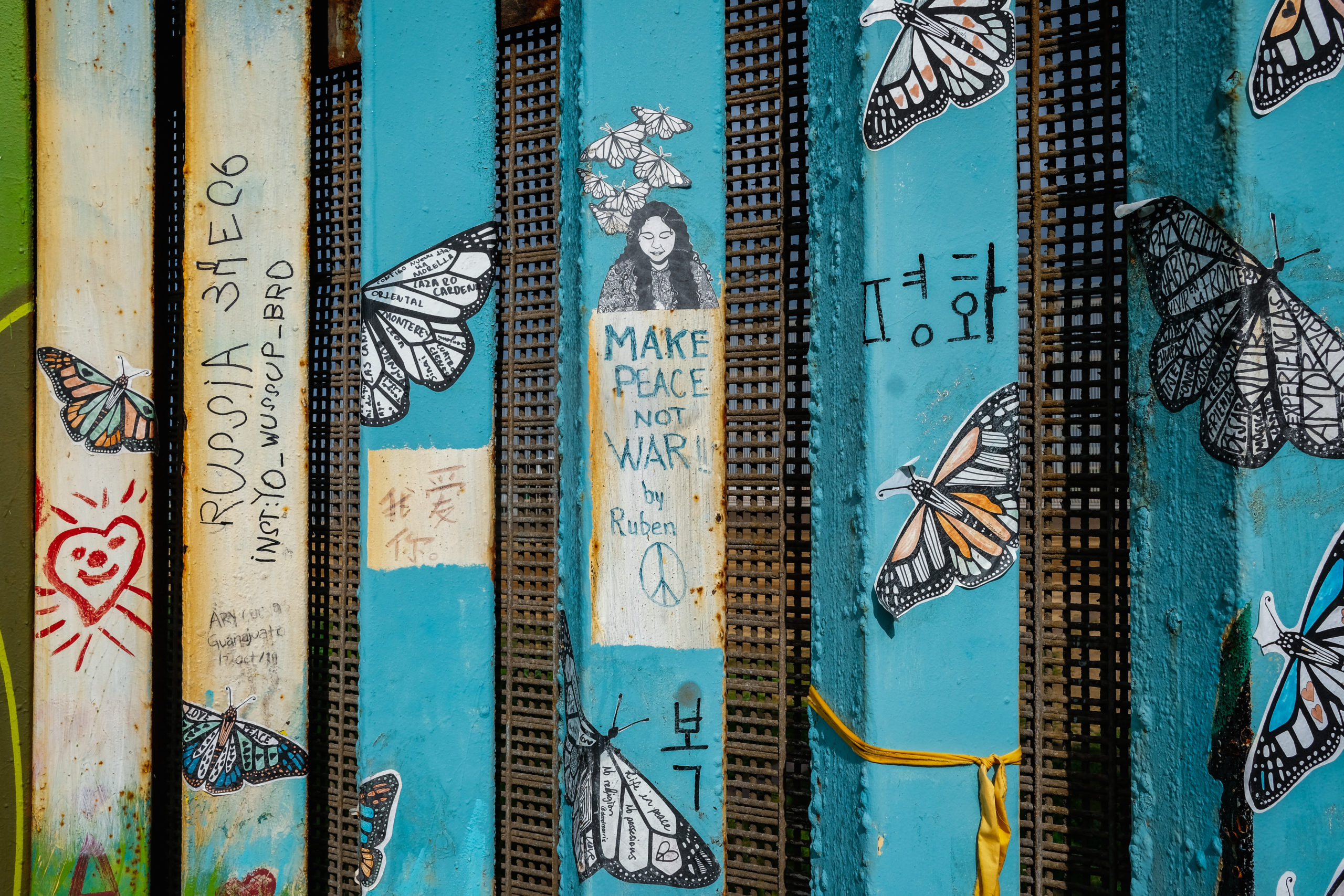
At the outset, pain is an uncomfortable feeling. Nevertheless, when children experience pain, we seek to transform this pain into a “dignified rage” (or “rabia digna,” in Spanish) that galvanizes our search for social justice. This transformation places us in a position of privilege and responsibility to walk with migrant children from a place of shared dignity, while also avoid the pitfall of being motivated by pity.
Every day, in the different forms of support we provide to accompany migrant children, we find pain. We find pain in their stories and the difficult moments they share with us, and it leads those of us who accompany them to organize our efforts under an ethical imperative which is composed of active listening, understanding, and empathizing with children on the move – imagining ourselves alongside them in their journeys and to create changes that inspire hope.
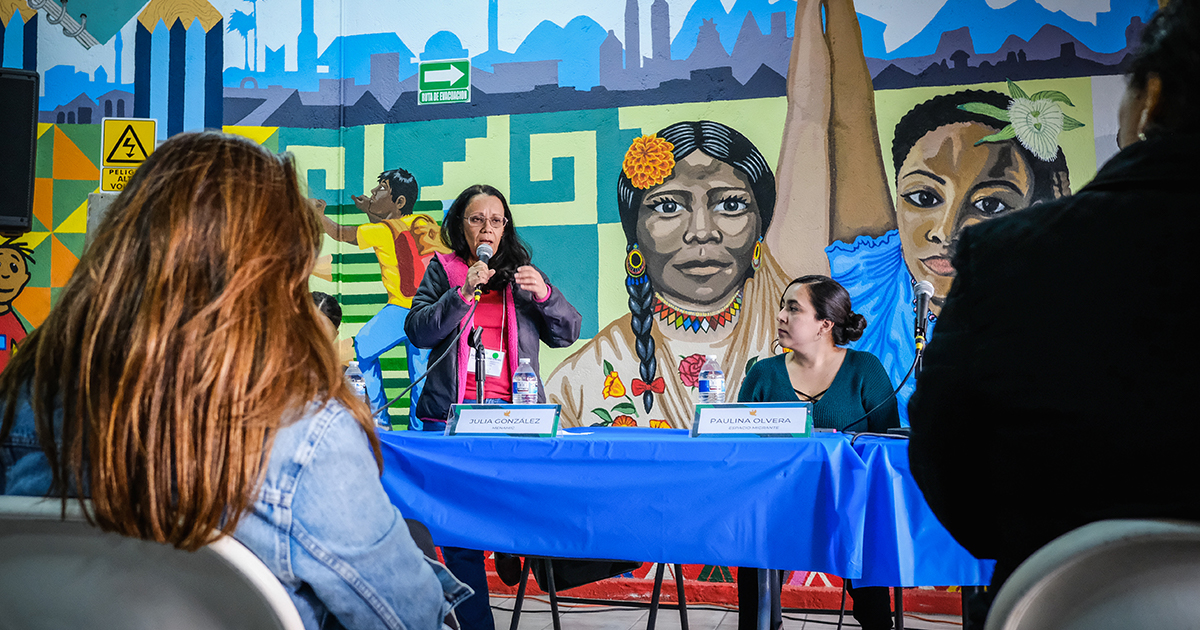
The transformation of dignified rage into a vehicle of social justice does not imply that the pain disappears. On the contrary, it emerges and resurfaces when necessary; it gives us strength to continue and prompts us to action. However, an excess of pain (or prolonged exposure without rest) can have numerous negative consequences: it can lead to a loss of meaning, despair, an inability to process emotions, or the sense that a return to normalcy is impossible.
To join to together in accompanying migrant children, be accompanied, and accompany ourselves allows us to care for and provide strength to each other. This reflection was not by random coincidence, since many of us arrived at this point on our own after the convening. We identify, acknowledge, and travel with those stories of pain, which we often hear and imagine, but we also have managed to accompany migrant children in this transformation of dignified rage into a search for social justice. It is exactly in this moment of transformation, where we find the will to continue onwards, working together in solidarity, and finding hope through stories of resiliency.
Join us with love, affection, happiness, and care that transforms pain into “rabia digna” and fire to continue fighting!
